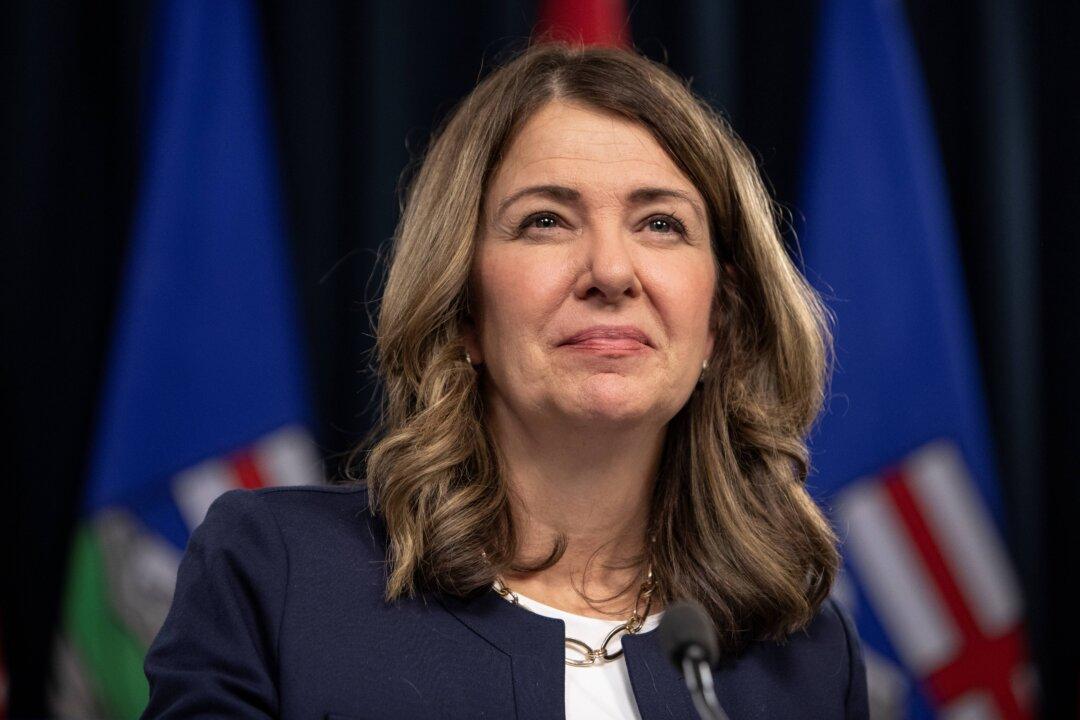As the Public Service Alliance of Canada (PSAC) escalates its strike by blocking some government buildings and key infrastructure, PSAC President Chris Aylward called for Prime Minister Justin Trudeau to be involved in talks to help the two parties reach a deal.
“The prime minister knows exactly what it takes to settle this dispute. And we’re asking him to make sure that he gets involved to help settle this dispute to get our members back to work serving Canadians,” Aylward said.





